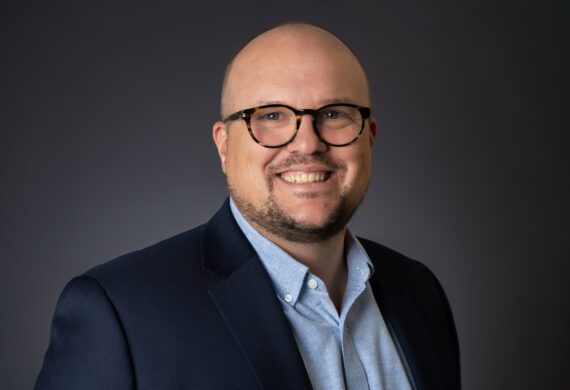Eddie Kaufholz leads the communications team at Bread for the World, a non-partisan, Christian advocacy organization based in the U.S. that advocates for policy changes to end hunger.
Previously, he led at International Justice Mission, an N.G.O. dedicated to ending slavery.
In both of these roles, he shares groundbreaking stories in new and inventive ways by envisioning creative solutions, leading teams, writing, filmmaking, and podcasting.
In addition, Eddie is a podcaster. He created, produced, and hosted The New Activist, a podcast dedicated to conversations examining some of the world’s most significant humanitarian issues. The New Activist received honorary distinctions by The Webby Awards and The New York Festivals Radio Awards.
Eddie was also half of the popular podcast, Annie and Eddie Keep Talking, in which Eddie and his good friend Annie F. Downs talk about life, health, humor, and random topical deep-dives.
Before this, Eddie was a pastor in Orlando and holds his degrees from Asbury Theological Seminary and the University of Florida.
He and his family reside in the DC area with a cat named Waffles that he’s embarrassingly enamored with.
